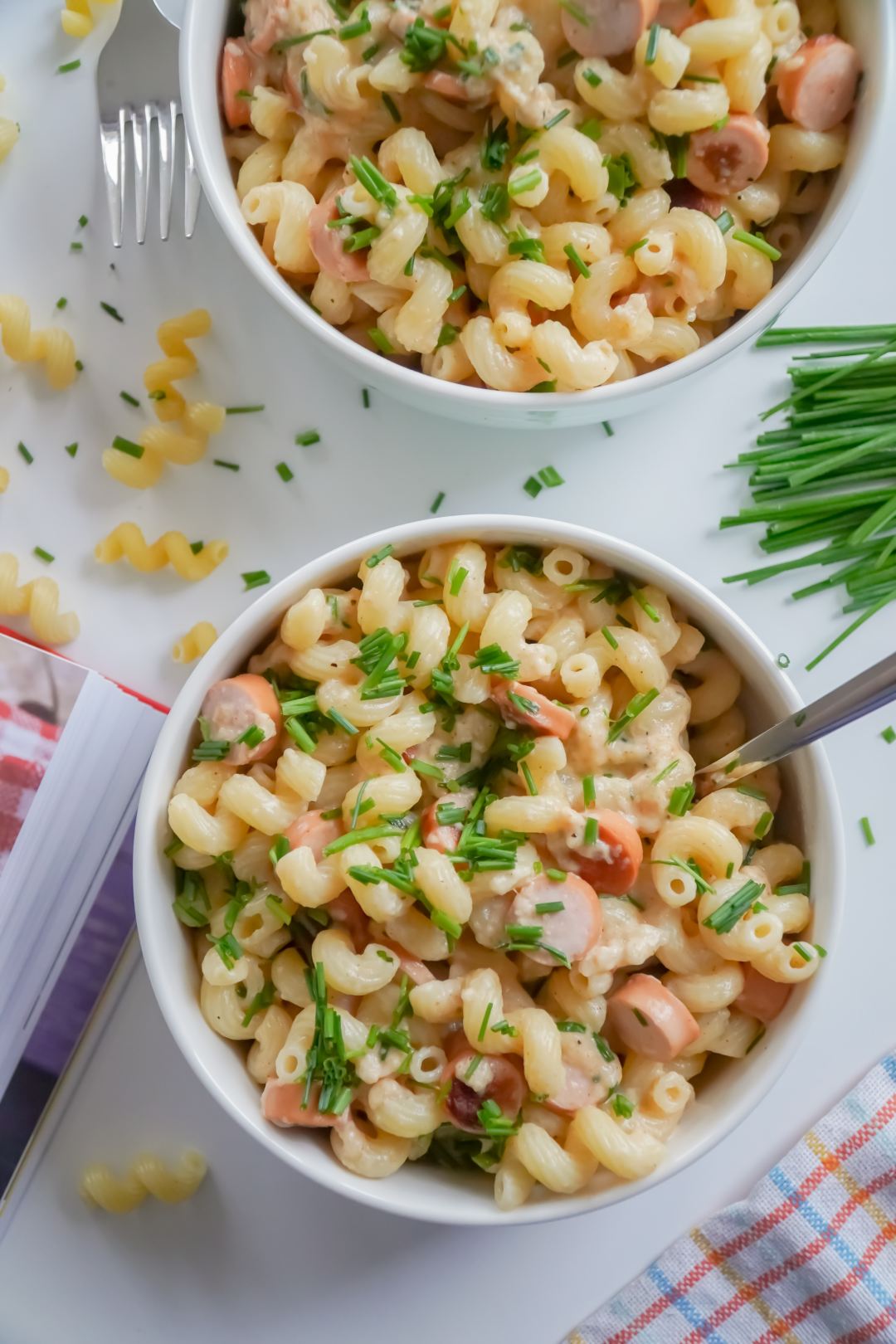If you’re a parent of a picky eater, you understand the struggle of ensuring your child gets enough nutrients, particularly protein. Protein is a vital nutrient for children’s growth and development, making it essential in their diets.
Here are some tips to encourage your picky eater to consume more protein:

How to Get Kids to Eat More Protein
- Make It Fun: Turn meal times into a fun activity. Use cookie cutters to create fun shapes out of lean meats or cheese, arrange food into a smiley face or a colorful landscape. The more engaging the meal, the more likely your child will want to eat it.
- Introduce Protein-Rich Smoothies: Kids love smoothies, and they’re a great way to pack in protein. Blend Greek yogurt, milk or a plant-based alternative, and fruits for a tasty and protein-rich drink. You can even add a scoop of a kid-friendly protein powder.
- Sneak It In: Add protein to their favorite foods. Blend beans into tomato sauce, add Greek yogurt to a smoothie, or sprinkle cheese over vegetables. This can boost the protein content without changing the flavor too much.
- Use Dips: Kids love to dip their foods. Hummus, Greek yogurt dip, or a nut and seed butter can be fun for them to eat and are excellent sources of protein.
- Bake with Protein: If your child has a sweet tooth, bake their favorite treats using protein-rich ingredients. Black bean brownies, chickpea cookies, or almond flour muffins can significantly boost their protein intake.
- Involve Them in Cooking: Kids are more likely to eat something they’ve helped make. Teach them simple recipes and make cooking a fun, bonding experience.
- Consistency Is Key: Don’t be discouraged if your child rejects a new food initially. It can take multiple exposures for children to accept a new food. Keep offering it without forcing them to eat.
- Set a Good Example: Children learn by observing. If they see you enjoying a variety of protein-rich foods, they are more likely to do the same.
Remember, it’s essential not to create a stressful environment around food. Be patient, make the process fun, and gradually, your picky eater may start to enjoy a wider variety of protein-rich foods.
Here are 20 high-protein, kid-friendly foods:
- Chicken Breast: Versatile and easy to cook, chicken breast can be used in a variety of child-friendly dishes.
- Turkey: Similar to chicken, turkey is lean and high in protein.
- Eggs: Scrambled, boiled, or made into an omelette, eggs are a great source of protein.
- Milk: Full of calcium and protein, milk is a classic kid favorite.
- Yogurt: Especially Greek yogurt, which has even higher protein content.
- Cheese: Opt for natural cheeses, and use them in sandwiches, as snacks, or even in homemade mac and cheese.
- Peanut Butter: It can be used in sandwiches, smoothies, or as a dip for fruits.
- Almonds: For older kids, almonds can be a nutritious, protein-packed snack.
- Tofu: Blend it into smoothies, scramble it like eggs, or cube and bake it.
- Edamame: These young soybeans are fun to eat and packed with protein.
- Quinoa: This grain is one of the few plant-based sources of complete protein.
- Fish: Especially fatty fish like salmon, which also provides heart-healthy omega-3s.
- Lean Beef: Use it in spaghetti sauce, meatballs, or kid-friendly mini burgers.
- Cottage Cheese: Serve it with fruit for a protein-rich snack or dessert.
- Chickpeas: Roast them for a crunchy snack, blend them into hummus, or add them to pasta dishes.
- Lentils: These can be added to soups, stews, or used in a lentil-based Bolognese sauce.
- Greek Yogurt Popsicles: Blend Greek yogurt with fruit and freeze it for a tasty, protein-packed treat.
- Black Beans: Include them in quesadillas, tacos, or blend them into a dip.
- Whole Grain Bread: Pair it with peanut butter or cheese for a balanced, protein-rich meal.
- Protein-Rich Cereal: Some cereals are fortified with additional protein and can be a quick, kid-friendly way to start the day.
Always consult a pediatrician or dietitian if you’re concerned about your child’s nutrient intake or eating habits.



